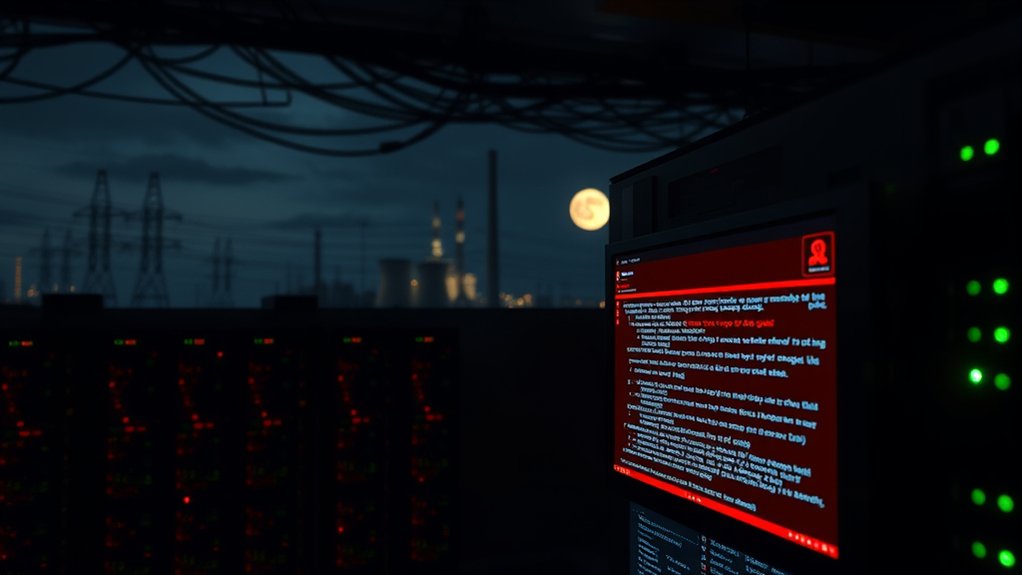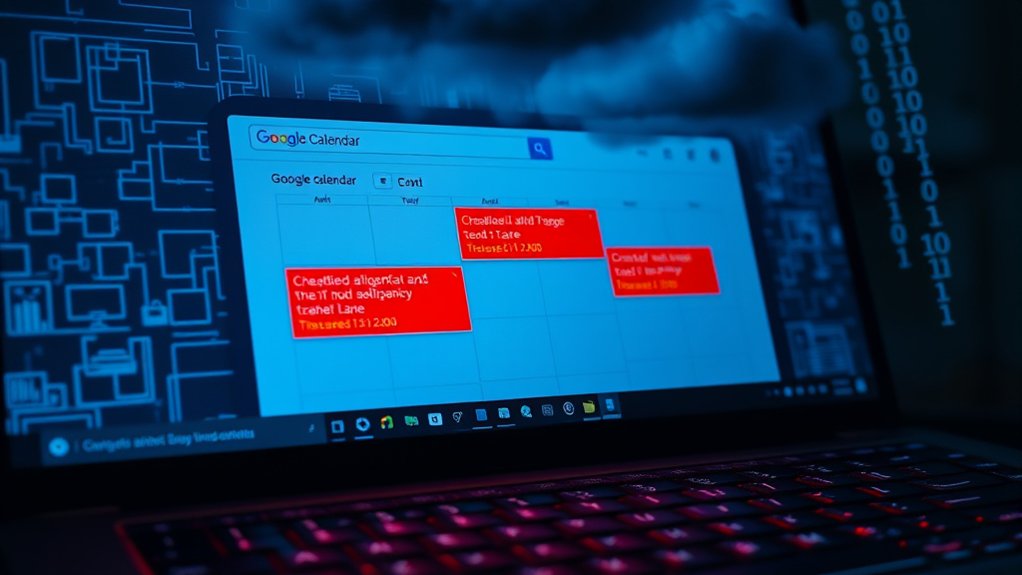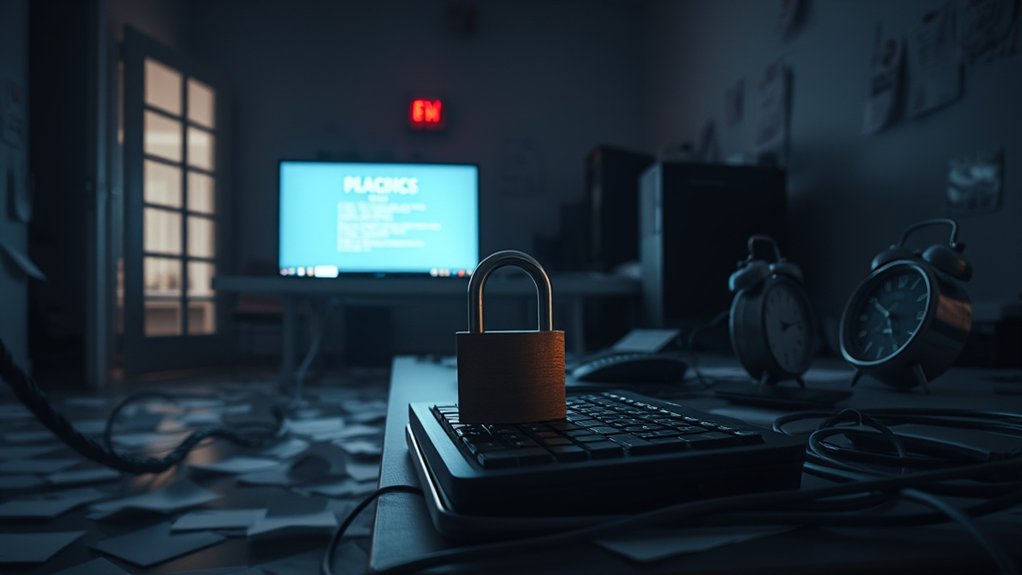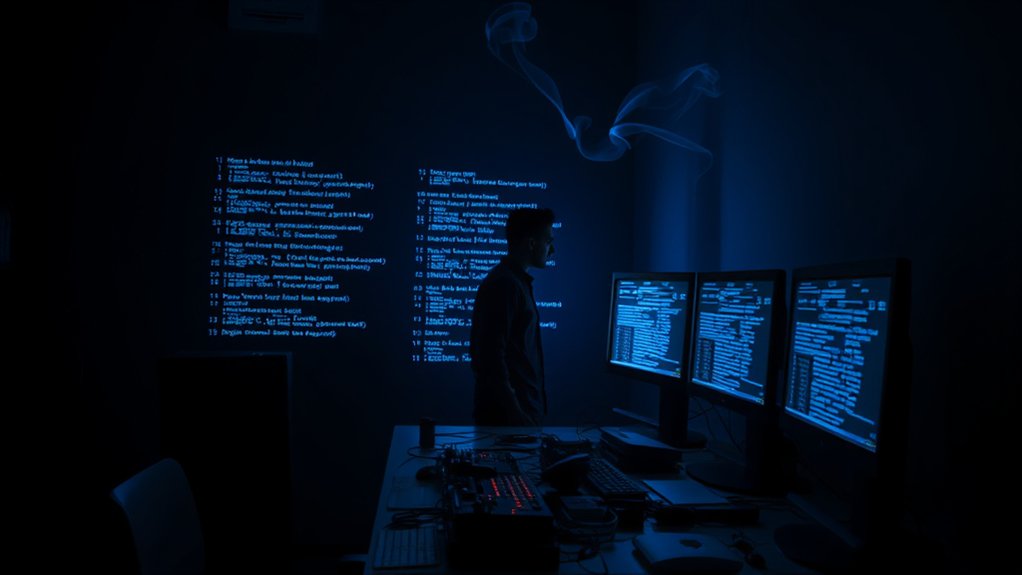In an age where traditional warfare often ceases in the presence of negotiated peace agreements, cyber warfare operates with an uninterrupted intensity that defies conventional boundaries. This domain of conflict does not recognize ceasefires; in fact, cyber operations frequently persist even during formal peacetimes and ceasefires. A prime example is the Stuxnet attack on Iranian nuclear facilities, which took place amid a period of diplomatic negotiations, underscoring the autonomous nature of cyber campaigns that include espionage, influence operations, and hack-and-leak activities. The zero-day vulnerabilities exploited by Stuxnet demonstrated unprecedented sophistication in cyber warfare capabilities.
The difficulties of integrating cyber operations into established ceasefire frameworks are significant. Existing agreements focus primarily on kinetic conflict, neglecting the complex and intangible nature of digital warfare. Technical complexities and issues surrounding attribution further complicate consensus on which cyber activities should be curtailed. The involvement of various actors, including state-sponsored initiatives, private entities, and non-state hackers, introduces additional challenges to reaching a collective understanding. It is crucial to recognize that supply chain vulnerabilities are often targeted as a weak point, which adds another layer of urgency to the need for cyber defense. Notably, the cyber attacks during the Russo-Georgian War were executed with such coordination that they coincided with specific military actions, demonstrating the intricate link between cyber capabilities and military strategies.
Integrating cyber operations into ceasefire agreements faces substantial hurdles due to the complexities and intangible nature of digital warfare.
Numerous examples demonstrate the ubiquity of cyber operations amidst traditional warfare. The Russo-Georgian War in 2008 featured coordinated cyberattacks that coincided with military engagements, including denial-of-service attacks that incapacitated critical infrastructure. Importantly, even after formal ceasefires were implemented, cyber operations continued unabated, disrupting media and governmental functions on both sides. In spite of international pleas for a cessation of cyberattacks, these operations carried on, amplifying the effects of physical engagements.
Importantly, nations like the United States maintain advanced cyber capabilities, with a vast arsenal of zero-day exploits. This capacity facilitates dual roles in intelligence gathering and tactical disruption, impacting both military and political objectives. Moreover, covert cyber operations often remain unacknowledged, complicating efforts to establish formal peace agreements that adequately provide for digital conflict.
Ultimately, the challenges of attribution and the lag between legal frameworks and evolving technological realities impede the establishment of effective regulation in cyber warfare. Consequently, the notion of ceasefires in the cyber domain appears not merely impractical but wholly elusive.









